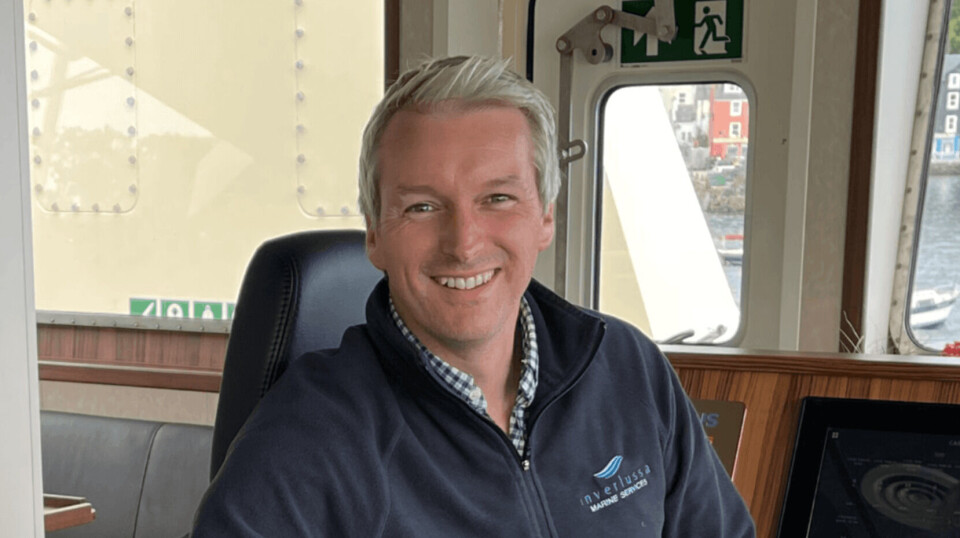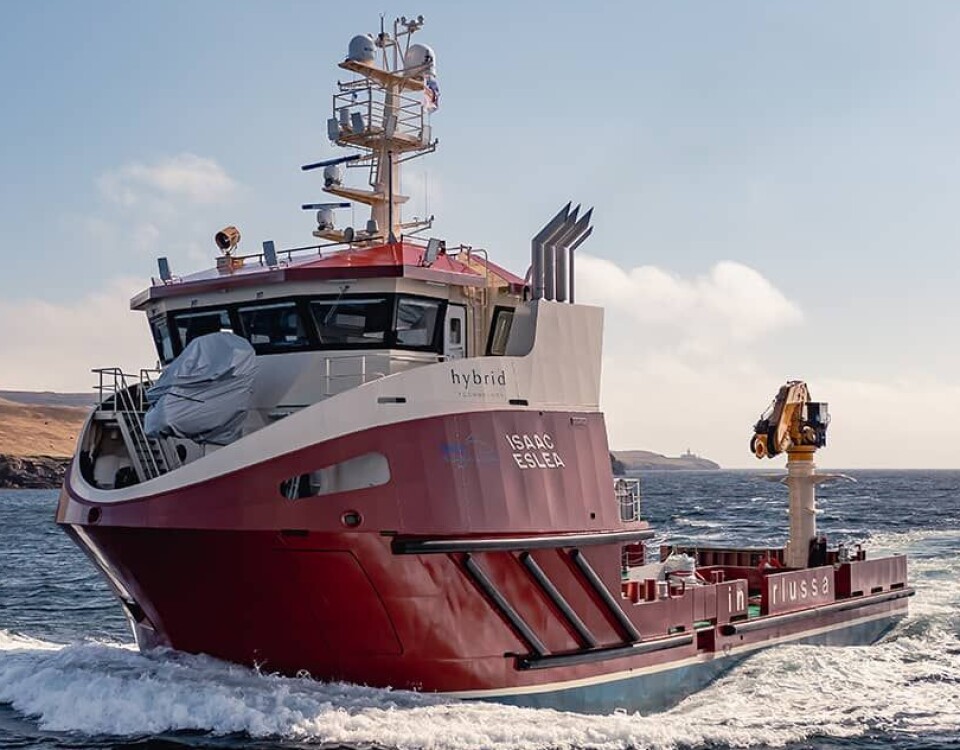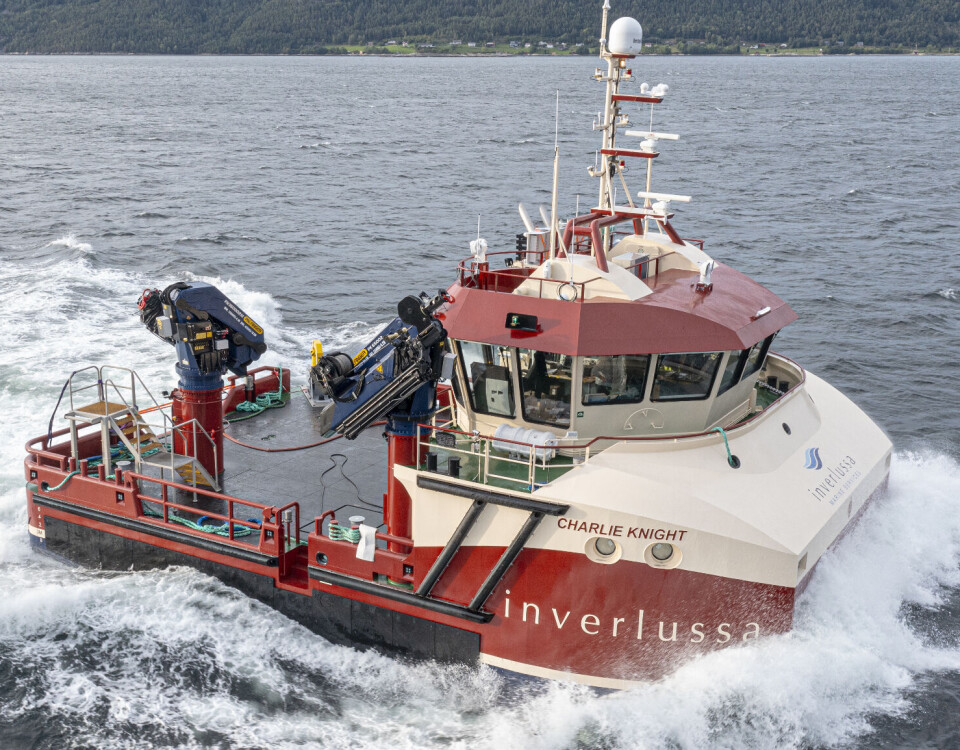
Looking back, thinking ahead: Ben Wilson
Fish Farming Expert has asked individuals connected to the salmon farming industry about their year, and what they hope for in 2024. Today we feature Ben Wilson, managing director of Mull-based Inverlussa Marine Services, which has grown alongside the fish farming industry and now operates 23 vessels.
What have been the highlights for you professionally in 2023?
The highlight of 2023 was taking delivery of our two new-build vessels Isaac Eslea and Charlie Knight into our fleet. The vessels are designed and built for very different tasks, one for high capacity delicing and the other for heavy site service duties. Both are equipped with highly advanced technology onboard, bringing a number of benefits to both Inverlussa and our customers: making operations onboard safer and improving operational efficiency. Both vessels are hybrid and utilise low emissions systems, which not only lowers our carbon footprint but also saves the customer fuel costs. These innovations that we are bringing to the market increase vessel utilisation and productivity, which helps to drive down the cost of production of Scottish salmon. We want to be market leaders in providing site services to producers in Scotland, and key to this is reinvesting, being agile, and staying hungry.
What will be the most significant challenges and opportunities for your company in the coming year?
Ensuring we meet our clients’ expectations is always the important challenge we face; the service they have learned to expect from us means we must always be at the top of our game.
We are continuously evaluating and trying to predict what the future market needs will be, which means we often design and build vessels without committed contracts, so there is a degree of calculated risk for us to manage.
Ben Wilson
The ever-changing landscape of salmon farming in Scotland means there are always new opportunities and new technologies to explore. The multi-purpose design of our vessels combined with the knowledge and experience of our crews and shore staff means that we are very adaptable and able to grasp new opportunities when they arise. These opportunities can be coupled with challenges, however. We are continuously evaluating and trying to predict what the future market needs will be, which means we often design and build vessels without committed contracts, so there is a degree of calculated risk for us to manage.
What do you see as the most significant challenges for the salmonid farming industry in Scotland and globally in 2024?
Without a doubt the challenges around fish health are an area we are all hoping will improve in 2024. I know producers are working extremely hard on this and there is no single answer to solve the issue. Fish health has been a global issue recently and with so many concerned parties involved in improving this area of husbandry we are confident that we will see real progress in 2024.
Other challenges that the industry in Scotland faces include dealing with a changing climate, reducing our carbon footprint, and a lack of rural housing. 2023 has seen some real progress in these areas and if we can all continue with the determination and focus of the last 12 months, then 2024 will see even bigger strides taken.
























































